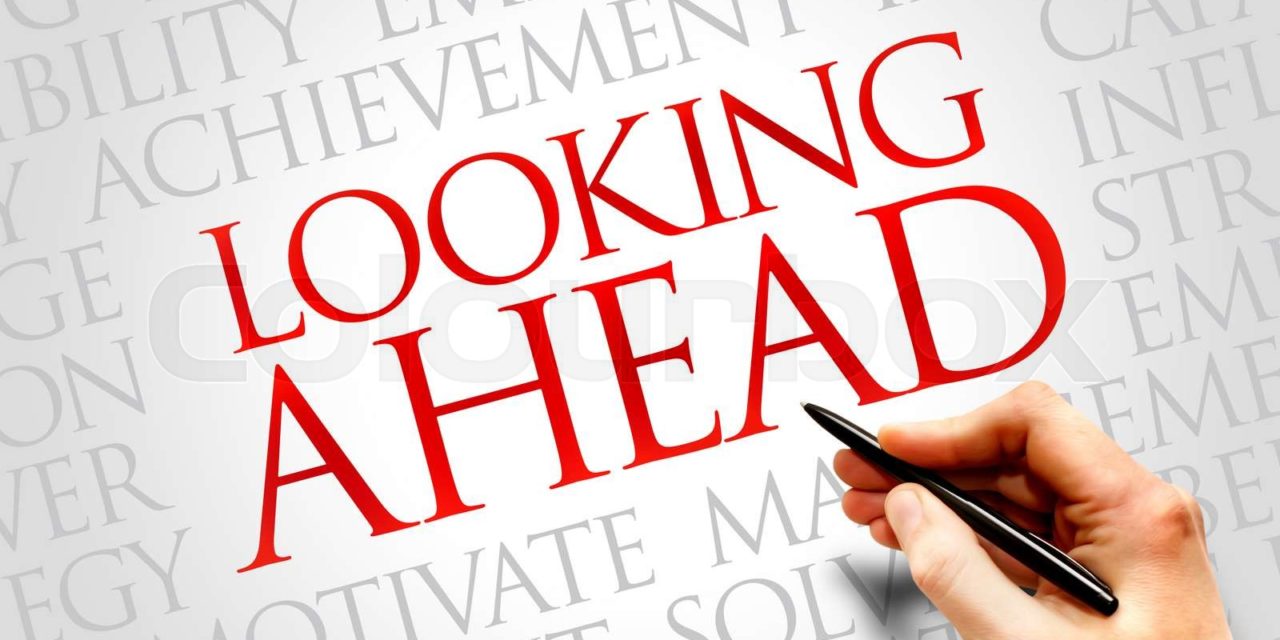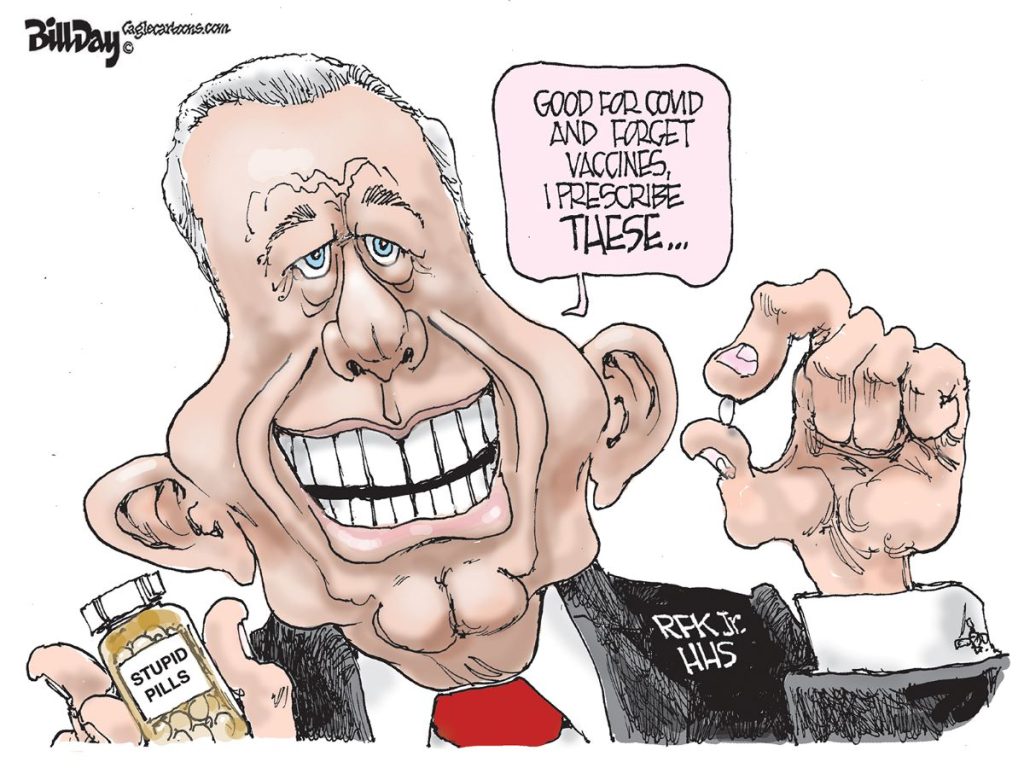As we look ahead to a new year, I have asked some Memphians who care deeply about their city’s future for their resolutions or reflections for 2024. I am deeply grateful for their thoughtful submissions.
Today’s commentaries are by Austin Harrison, Assistant Professor of Urban Studies at Rhodes College and Housing/Neighborhood Consultant; Jessica Lotz, executive director, Innovate Memphis, and Owen Traw, Urban Studies and Philosophy student at Rhodes College from Portland, Oregon, who loves transportation policy, abundant housing, music, and bike lanes.
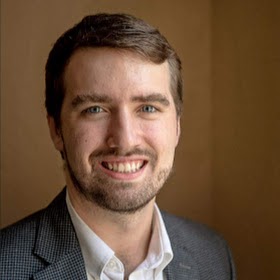 Austin Harrison, Assistant Professor of Urban Studies at Rhodes College and Housing/Neighborhood Consultant:
Austin Harrison, Assistant Professor of Urban Studies at Rhodes College and Housing/Neighborhood Consultant:
Memphians should resolve to do what they can to push our local leaders to make Memphis a city that chooses people first. This means holding out-of-town slumlords accountable to ensure they are providing livable and sanitary conditions, especially those slumlords using local, state, or federal housing subsidies. This means reorienting our economic development strategies to foreground Black neighborhoods and other working class communities in order to close our racial wealth gap. This means expanding our existing public Pre-K program to include all families. This means reimagining the way our city views local law enforcement and (most importantly) the way local law enforcement view us. This means so much more, but most importantly, this means all of us getting more engaged politically at the “local-est” of levels. We must ALL resolve to hold our leaders accountable if we want to see this city choose people first.”
***
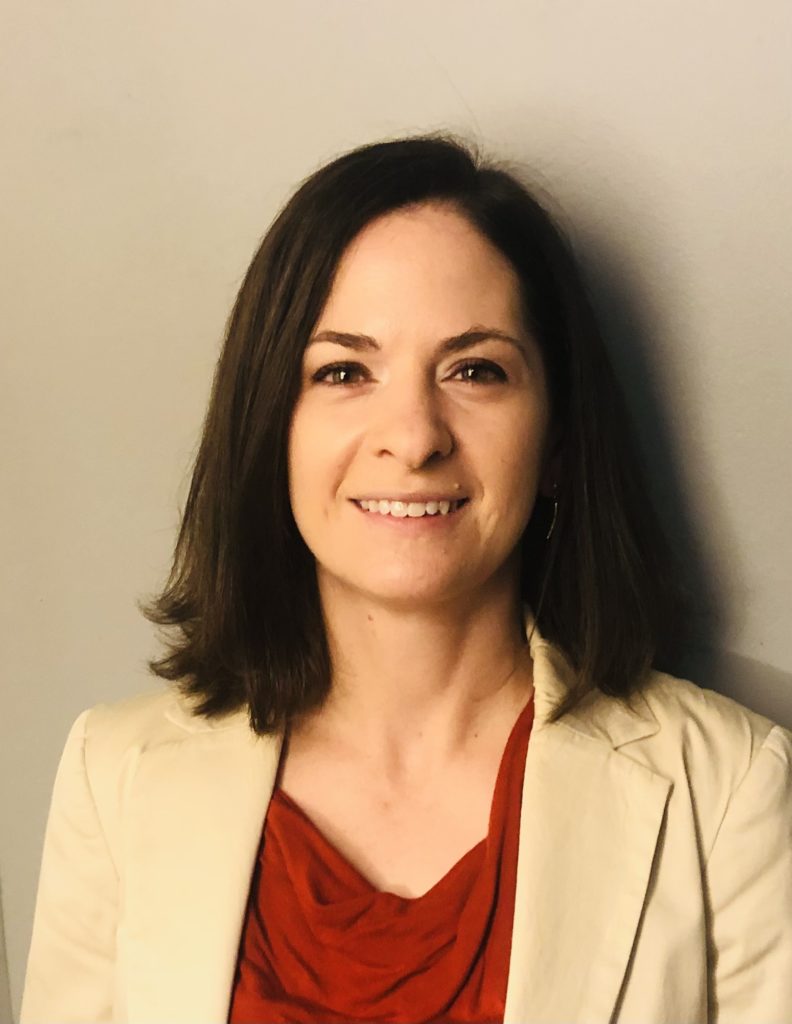 Jessica Lotz, executive director, Innovate Memphis:
Jessica Lotz, executive director, Innovate Memphis:
My Resolution: Let Your Users Be Your Guide
When people think of an “innovation team,” they might envision a bunch of out-of-the-box overachievers who brainstorm a list of ideas at their desks and don’t need to engage with others until they have a brilliant idea to share. In reality, it’s quite the opposite. At Innovate Memphis, we have a saying that no one has a monopoly on good ideas. That means the most effective solutions come from the people they’re meant to serve and the frontline service providers who have to make the change. I believe we are at our best not as expert brainstormers but as expert facilitators who let our constituents play a leading role in designing solutions because there’s just no substitute for lived experience.
Recently, I was blown away by Jennifer Pahlka’s book, Recoding America, that illustrates this extensively. (Pahlka founded Code for America in 2009 to bring technical experts into the government sector and solve long-standing issues with outdated, overly complex systems). One passage in particular that stands out is about project management versus product management. While project management is essential for getting set directives in motion, Pahlka argues we often overlook the importance of product management, that is, making really good decisions about what we are trying to deliver in the first place based on the experiences of those we serve. Here’s that passage: “Product management is an active, not passive, take on fundamental questions of representation and voice. It doesn’t rely on simply issuing an open invitation to whoever wants to participate in the discussion. It starts from the recognition that most of the people who need to be heard won’t show up – their relationship to government went sour long ago, sometimes generations ago… It is government’s job to figure out who they are and go knock on their doors, literally and figuratively.”
We have many projects on the horizon in 2024 that will require a deep understanding of Memphians’ experiences, hopes and barriers when accessing various resources. These include closing the digital divide by ensuring more people have access to affordable broadband and devices, researching how those with SNAP benefits and mobility challenges can take advantage of home grocery delivery services, and providing free on-demand transportation to health and wellness care for seniors and people with disabilities. We must engage early and often with those who could benefit from these services so that they are easy to navigate, effective and worth sustaining from constituents’ perspective. There isn’t a Memphian I know who doesn’t want to create a more prosperous, accessible, safer and healthier city in 2024. Let’s let those using our services be our guide on how to work better and differently to make it happen.
***
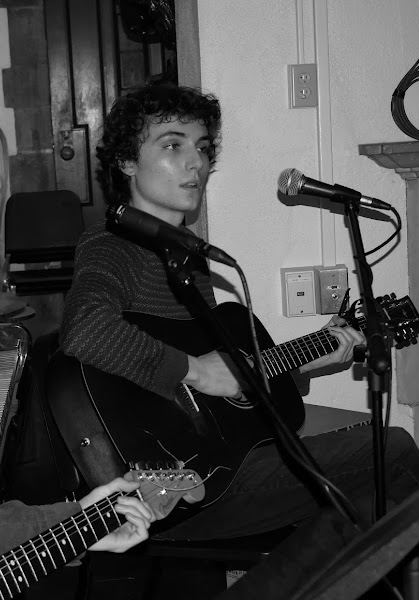 Owen Traw, Urban Studies and Philosophy student at Rhodes College from Portland, Oregon:
Owen Traw, Urban Studies and Philosophy student at Rhodes College from Portland, Oregon:
Memphis gets a lot of negative media attention. As I spend my winter break out of town, and we all collectively approach the new year, I find myself thinking a lot about the city that I have grown to love so dearly. Memphis saw some triumphs in 2023. Tom Lee Park is fantastic. The Grizzlies established that they have three legitimate stars on the roster (we don’t have to talk about the win/loss record…). We received funding to study passenger rail in the Mid-South!
Most of Memphis’ media attention is focused violence. I don’t deny for a second that there is a violent crime problem in Memphis at a macro level. But I think that as a society, we tend to talk about urban crime using preconceived, racist, and mostly unexamined opinions about cities. There is another type of violence, that ends a comparable amount of lives to the traditional concept of violent crime, that we design from the top down. It’s called traffic violence, but we don’t talk about it nearly as much.
We’ve all driven past a roadside memorial. Flowers tied to a street sign or a tree trunk, a ghost bike, a pair of shoes, a handwritten message, a cross staked into the dirt. Unlike gravestones, which are placed where someone is buried, roadside memorials are placed where someone took their last breath. When I was a kid, I didn’t think twice when I drove past a roadside memorial; they’re just too common in this country. I was desensitized. I think we all are. That’s just the way things are, I thought to myself.
That’s just the way things are. In 2022, almost 43,000 people died on American roadways. For comparison, in 2021 (the most recent year on record), 48,830 Americans died from gun-related injuries, which is the deadliest year ever recorded. Guns, rightfully so, occupy a lot of space in the American media landscape. But most people I talk to don’t recognize car-dependency as a public health crisis, even though they’re aware of (at least some) of the externalities of driving—cars scorch our dying planet, kill people, and encourage abysmal land uses, just to name a few. Most drivers are, presumably, against scorching our dying planet, killing people, and abysmal land uses, so where’s the disconnect? Why is it that people don’t recognize car-dependency as a public health crisis?
I don’t think I can conclusively answer these questions. But I think the answers lie in decisive leadership, or the lack thereof. As we welcome a new mayor of our beautiful city in 2024, I call on him to look at our city’s car-dependency and call it what it is: a public health crisis. My new year’s wish for Memphis is to see a sharp decline in traffic deaths, an improvement in transit funding, service, and ridership, and busier bike lanes.
In other news, I recently got a sweet vintage Peugeot bike restored courtesy of my Philosophy professor, upon which I will be traversing Memphis’ bike lanes. My personal new year’s resolution is to explore more of the city by bike. I hope to see you out there!

